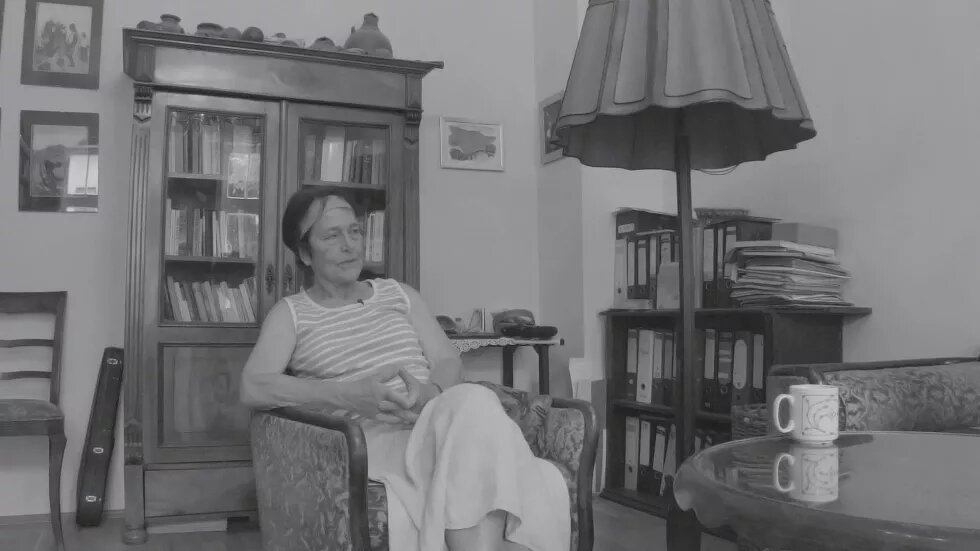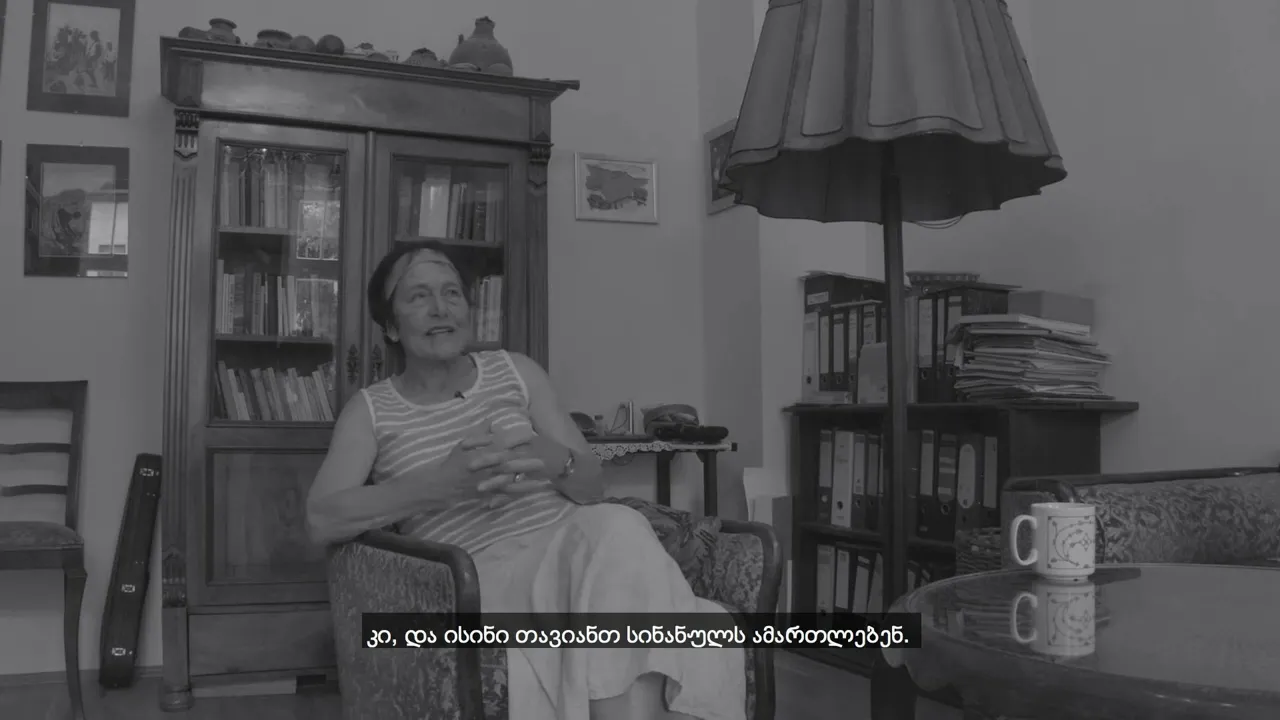
My interest in the topic of menopause is related to my family history, specifically my grandfather - Giorgi Magradze. He was a doctor, a gynecologist. As part of his profession, Giorgi studied menopause and wrote his dissertation about this topic, based on observations of 84 patients. The scientific council of medicine did not accept Giorgi’s paper “Climax”[1], submitted as his application for Ph.D. candidacy, because it was considered too controversial. Despite the censorship, he distributed copies of “Climax” to his circle of friends. Two years after the pamphlet was published, on the night of March 23, 1968, my grandfather was interrogated by security officials. As family members recall, the officials were looking for the original hand-written copies of “Climax” and asking questions about the pamphlet. Giorgi was taken away from his home and was found drowned in the river two days later. Officially, his death was ruled as a suicide.
For decades, the pamphlet was missing from the house. I found it after a long search in one of the villages where my grandfather had relatives. The brochure discusses the positive effects of sexual relationships on women’s health and the pleasure that could be derived from sex by said women during menopause. It claims that if a woman does not have a sexual partner or is not satisfied with only one partner, it is permissible and even necessary for her to take care of improving her sex life during menopause.
In the scientific circles of Soviet Georgia of the 60s, such a discussion about women’s sexuality would have been quite problematic because of the pamphlet’s obvious anti-patriarchal stance. My grandfather’s gynecological records and his unorthodox understanding of menopause motivated me to look at the issue from a broader perspective. During my research, I conducted an interview with Professor Godula Kosack, who worked as an Ethnologist and feminist scholar for decades. This interview greatly widened my knowledge of issues surrounding women and menopause. Prof. Dr. Godula Kosack talks about the social and geographical dimensions of menopause, comparing traditional and modern cultures in which public attitudes towards menopause are manifested differently.
Godula’s visit to Georgia was part of her ethnographic research. Here, she learned about the cultures of the high mountainous regions, and we formed a natural connection because of our familiarity with the people there.
Besides the willingness to shed light on what happened to my grandfather, my own drive pushes me to overcome general taboos regarding menopause, often also associated with fears of becoming old and being mortal.
Menopause – The Changing Status of Women in Different Cultures - Heinrich Boell Foundation South Caucasus
 Watch on YouTube
Watch on YouTube
[1] Though the word “menopause” has entered the Georgian language, in 1968 – when Giorgi’s brochure was published – Georgians would have used “climax” to describe this change in the female reproductive system. The word is still frequently used.


